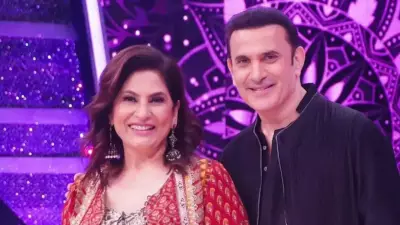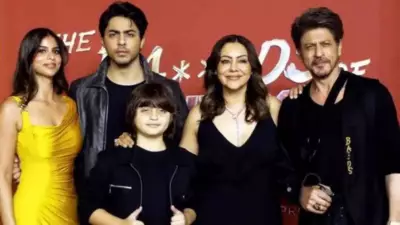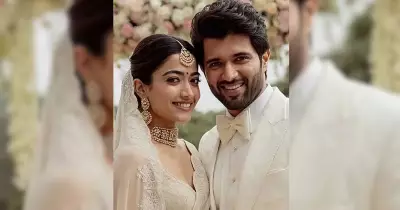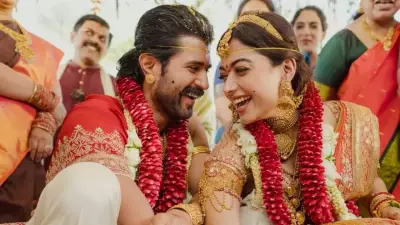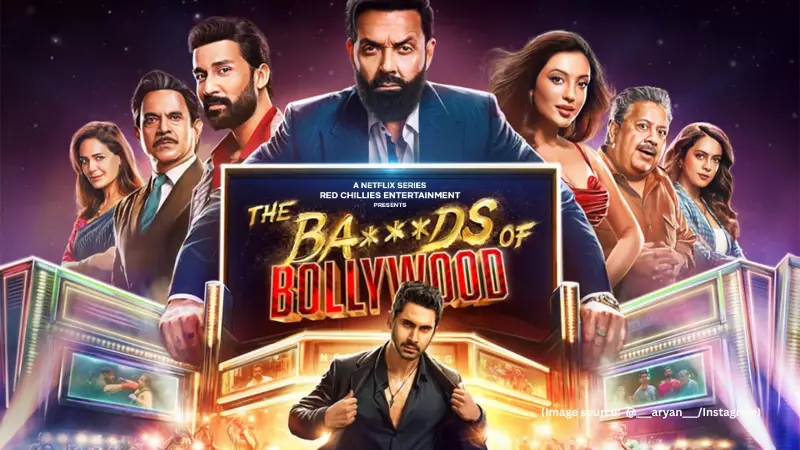
In a powerful parliamentary address that has set social media abuzz, Congress MP Shashi Tharoor launched a robust defence of Aryan Khan, son of Bollywood superstar Shah Rukh Khan, while taking aim at what he termed as media trials and the creation of 'Bollywood's Bads'.
The Parliamentary Stand Against Media Vilification
During a discussion on the Cinematograph Act amendment bill in Lok Sabha, Tharoor didn't mince words as he questioned the media's tendency to 'create villains out of people' without substantial evidence. The seasoned parliamentarian highlighted how Aryan Khan's name was 'bandied about' extensively in media circles despite never being charged in the controversial drugs case that made headlines last year.
Questioning the 'Bollywood's Bads' Narrative
Tharoor's speech directly challenged the emerging trend of targeting Bollywood personalities, particularly drawing parallels with historical figures like 'Mughal-e-Azam's' iconic character. 'Who are these Bollywood's bads?' he questioned rhetorically, emphasizing how the media seems determined to 'find new bads' within the film industry.
The Aryan Khan Case Context
The controversy dates back to October 2021 when Aryan Khan was arrested by the Narcotics Control Bureau during a cruise ship drug raid. After spending nearly a month in custody, he was granted bail by the Bombay High Court. Most significantly, the NCB eventually cleared him of all charges, filing a chargesheet that didn't include his name—a crucial fact Tharoor emphasized in his parliamentary remarks.
Broader Implications for Media Ethics
Tharoor's intervention raises critical questions about media responsibility and the phenomenon of 'trial by media'. His speech underscored how reputations can be tarnished through relentless media coverage, even when judicial processes ultimately exonerate individuals. The parliamentarian's stance has resonated with many who believe the media often crosses ethical boundaries in pursuit of sensational stories.
The timing of Tharoor's comments is particularly significant as they come during discussions about reforming film certification laws, suggesting a broader concern about how the entertainment industry and its members are portrayed and treated in public discourse.


